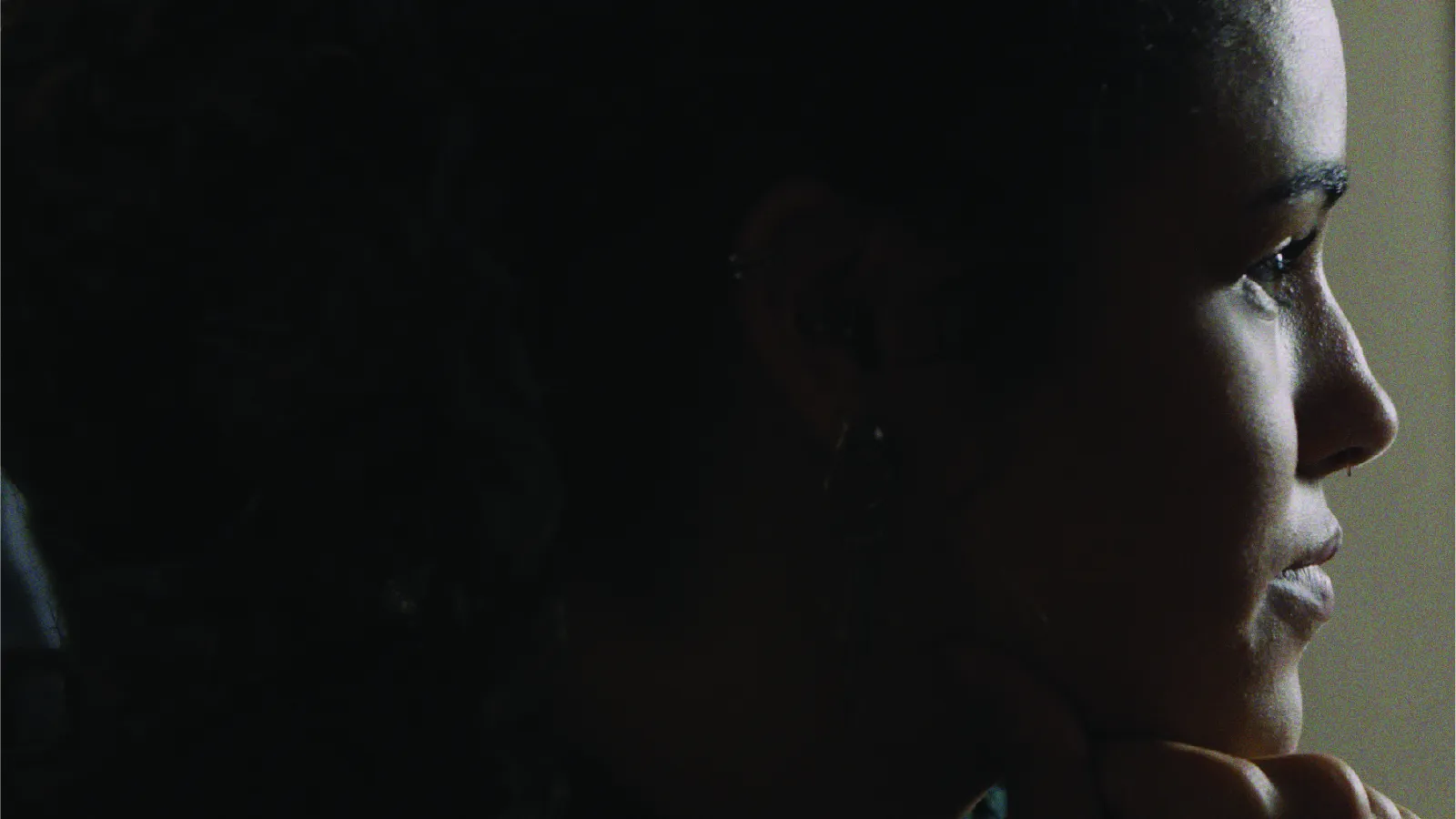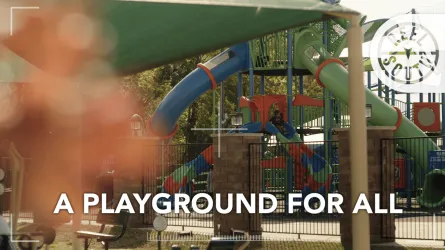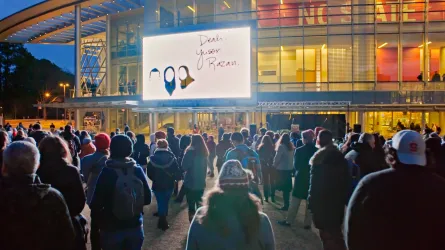"This Body," from Hindsight filmmaker Zac Manuel, explores the fraught relationship between African Americans and the medical industry. As Sydney Hall participates in an experimental coronavirus vaccine trial in hopes of protecting her beloved New Orleans community, she and her loved ones confront the history of medical abuse and experimentation on Black bodies. Before the premiere of the short film, the Reel South team connected with Zac to speak about the creation of the film. Read his filmmaker interview below!
Nicholas: New Orleans was one of the first major tragedies of the pandemic. What was it like seeing your community represented at that moment?
Zac: The Black community in New Orleans took a tremendous loss from COVID-19. Not only were people getting sick, but the lack of access to good healthcare coupled with economic instability exacerbated the effects of the virus, making it incredibly lethal. As well, many of our community’s cultural practices had to be put on hold - like the second line funeral - and so many people were unable to properly grieve and celebrate those whom they had lost. In the early months of the pandemic, much of the representation of Black New Orleans was centered around high transmission and mortality rates due to COVID-19, with the vague claim that Black people were being disproportionately affected. And I kept asking myself, “What does that actually mean?” So, through film and storytelling, we can share the stories of individuals who then become lighthouses to understanding systemic disproportionality. Understanding ignites conversation, and hopefully, those conversations inspire change.
Nicholas: How did your own view on medical research and medical trials evolve in making this film?
Zac: I didn’t have much of a basis of knowledge about medical research before beginning this film. And like many other people, I had only an anecdotal understanding of the notorious experiments conducted upon Black bodies. Through making this film, I have come to understand that much of the standardization and ethical progress we’ve seen in medical testing and trial research is the direct result of such inhumane experiments being - such as the Tuskegee Syphilis Study - being exposed. It has become clear to me that so much of our medical progress was precipitated by the pain and trauma of Black and brown bodies.
Nicholas: The dynamic / discussion between Sydney and Kierra is almost its own jumping-off point and commentary about respect and understanding of someone with a different opinion. Why do you think they are able to communicate in the ways they do?
Zac: Sydney and Kierra are both Black women, classmates at the LSU School of Veterinary Medicine as well as co-founders of a group that advocates for Black veterinarians. They have a tremendous amount of respect for each others’ individual experiences, the work they both do, and a shared understanding of the practice of medicine.
Nicholas: What does it mean to you to be making this (your) film in this moment, and in this South?
Zac: I feel a responsibility to be making work like this. This past year, people collectively said “enough is enough,” and demanded and organized for systemic changes to be made that would ensure the protection of Black and brown bodies. This film is a part of those demands, looking toward our healthcare industry to acknowledge the harm it’s done and to promise to do better. Black and POC folks in the South have had a particularly traumatic experience with medical abuse, from experimentation on enslaved people to the Tuskegee Syphilis Study, to forced sterilizations in women’s prisons. As we face an international health crisis in the form of COVID-19, and we’re encouraged to take a new drug produced with new technology, it’s important to acknowledge skepticism and uncover the roots of distrust, and begin to work on healing those wounds with transparency and accountability.
Nicholas: What was it like for you working with public television for the first time?
Zac: It’s been nothing short of incredible and humbling to experience the support that I’ve gotten from PBS and the Hindsight team. It’s rewarding to be able to publish this film on a free platform that can directly reach people in the same community in which I am working. Public television provides a necessary platform for the voices of members of the Black community to be amplified and for their experiences to be validated.
Nicholas: What do you want the audience to know about this community you have documented?
Zac: My work is intended to counter mainstream narratives by presenting multiple perspectives. With This Body, you can’t generalize and present the idea that all Black people are brave and willing to take the vaccine, or that all Black people are distrusting of the government, or that we all have had bad experiences with the medical industry. I want to reinforce the idea that there is a spectrum of truth in the Black community and we aren’t any one thing alone.
Nicholas: What’s next for you?
Zac: I’m currently in post-production on a feature documentary called Bloodthicker, which I’ve been directing and filming since 2016. The project explores the legacy of three young rappers whose fathers were famous New Orleans performers. Each character has their own unique journey, which I explore with the intention of reinforcing this idea that every person is nuanced, has their own personal experiences and histories, and their own unique outlooks on life.
Category
Share


